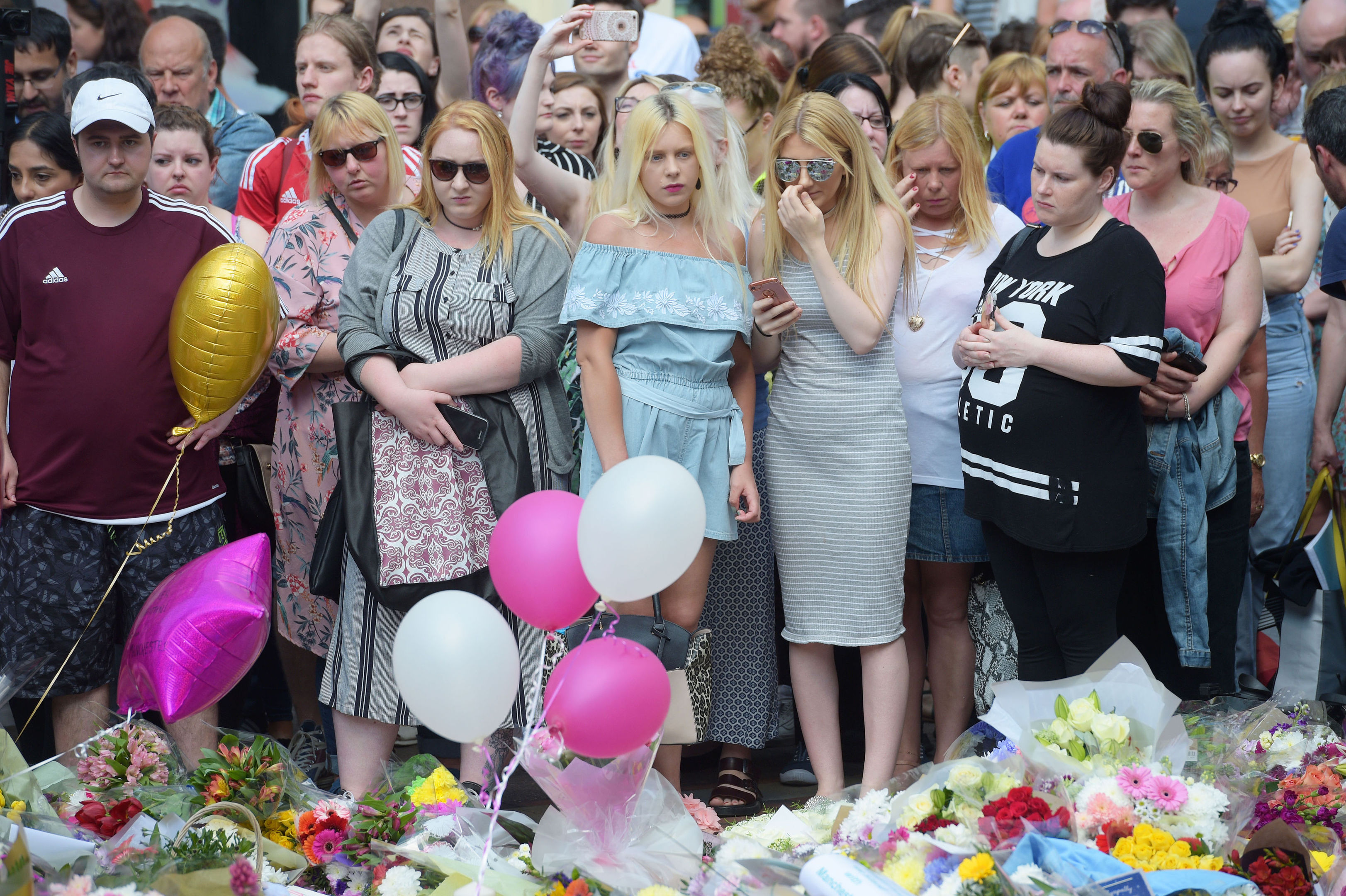As parents, this is what we do after the horrific events in Manchester:
We hug and kiss our children far more often than they want or will allow.
We don’t step on the cracks in the pavement, just in case.
We say “Text me when you get there. And when you’re on your way. And when you leave” 10 times before they go out.
We make their favourite dinner two nights in a row.
We don’t realise we’re doing it until a teenager turns around and says “Oh my god, why do you keep staring at me? You’re freaking me out”.
We wonder why we spent so much time worrying about exam stress.
We don’t say “Why don’t you just stay home tonight?” even though we want to.
We say yes more often than no.
We ask if they want to discuss what happened, only for a media-savvy teenager to gently explain to us the statistics for being killed in a car crash on the way to a gig and to do their best to reassure us.
We stop fretting about the smaller things – five-a-day, matching socks, screen time.
We have an urge to hold their hand crossing the road, eliciting a horrified “What’s wrong with you? I’m not three!
We tidy their bedrooms instead of shouting at them to do it and pick their wet towels up from the bathroom floor, even though they won’t notice.
We feel personal pride at the news of all the young people going to donate blood.
We watch old favourite musicals and daft comedies instead of the news.
We ignore screens appearing at the dinner table. They need to connect with other young people at times like these.
We start going into their bedrooms to look at them sleeping, something we haven’t done since they were tiny.
We say thank you in our heads thousands of times and then we say sorry thousands of times – for being grateful when other parents and families are not.
